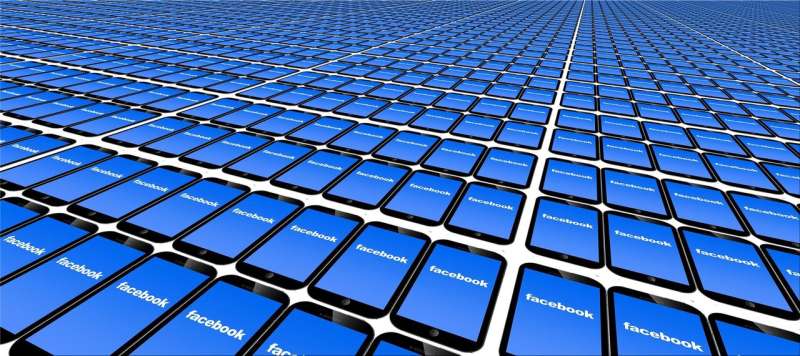Facebook's idea to ban political ads before election pleases no one

Civil rights groups were swift in their criticism of a plan being weighed by Facebook Inc. to halt political advertising before the U.S. election, saying the ban would do little to address rampant hate speech and misinformation on the social network.
An ad blackout could even exacerbate voter suppression, rights advocates said.
"@Facebook claims to care about free expression but would rather restrict political speech altogether than take responsibility for curbing hate speech, voter suppression and disinformation," tweeted Rashad Robinson, president of Color of Change.
"This is nothing but a distraction," added Derrick Johnson, president of the National Association for the Advancement of Colored People, in a statement. "It does not address their platform being used by white supremacists and other hate groups, nor does it prevent political campaigns and domestic or foreign entities from promoting voter misinformation and interfering with our elections."
Facebook has been under fire for weeks from civil rights leaders for what they say is a failure by the company to properly enforce its policies around hate speech and information meant to keep voters from participating. The social media giant is considering a ban on political ads in the days before November's U.S. presidential election as a way to cut down on the viral spread of misinformation and voter suppression, according to people familiar with the company's thinking.
That plan wouldn't solve Facebook's greater challenge, which is removing hate speech and misinformation more regularly and holistically, critics say. The vast majority of offensive content and other controversial posts come in the form of organic posts from users or politicians' own pages, not paid advertisements, meaning a ban on ads wouldn't impact those messages.
"A political ads blackout is not going to address the real-time voter suppression and voter misinformation that we're already seeing regularly," said Vanita Gupta, president of the Leadership Conference on Civil & Human Rights. Gupta said it's important that Facebook is considering a range of options to address election integrity, but the company needs to take more aggressive action against remarks like those U.S. President Donald Trump made on Facebook Friday morning, in which he called mail-in ballots "a formula for RIGGING an Election."
"The company needs to deal with the issues at hand that are happening right now," she said. A recent audit found Facebook failed to enforce its own voter-suppression policies when it came to prior posts from Trump.
A temporary ban on political ads also could make it harder to combat misinformation in the most crucial window of time before the election. "Under this proposal the President could use organic posts to suppress voting by mail (as he did today), but Democrats could not run ads encouraging people to return their mail ballots," Rob Flaherty, digital director for Democratic presidential candidate Joe Biden's campaign, tweeted. The president's re-election campaign did not respond to a request for comment.
An ad blackout is still just being discussed, the people familiar said, and it's possible Facebook's policies won't change. But implementing a blackout would represent a major shift for the company, which has so far stuck to a policy of not fact-checking ads from politicians or their campaigns, citing the need for a marketplace of ideas where the public decides for itself what to believe. That has prompted criticism from lawmakers and advocates, who say the policy means ads on the platform can be used to spread lies and misinformation.
Hundreds of advertisers are currently boycotting Facebook's ad products over complaints about the company's policies. A meeting this week between Facebook execs and civil rights leaders who are organizing the boycott did not go well.
Ad blackouts before elections are common in other parts of the world, including the U.K., where Facebook's global head of policy, Nick Clegg, was once deputy prime minister. A Facebook spokesperson declined to comment.
Facebook is an important outlet for politicians, especially at a time when many people are stuck at home and campaign rallies pose potential health risks due to the coronavirus. In 2016, Trump used Facebook ads and the company's targeting capabilities to reach millions of voters with tailored messaging, a strategy that some believe helped win him the election.
But political advertising is a very small part of Facebook's business. In the past 90 days, Trump and Biden have spent a combined $29.2 million on ads, according to the company's self-reported data. By contrast, Facebook generated more than $17 billion in its latest quarter.
Political advertising has been a complicated issue for online platforms, and many of them have taken different approaches. Twitter Inc. has banned most political ads, but still sells some "cause-based" ads that touch on economic, environmental or social issues. Google's YouTube has already sold ad space on its homepage to the Trump campaign for the days leading up to November's election—a deal that ensures Trump will be highly visible on the video service when people start to vote.
©2020 Bloomberg News
Distributed by Tribune Content Agency, LLC.





















